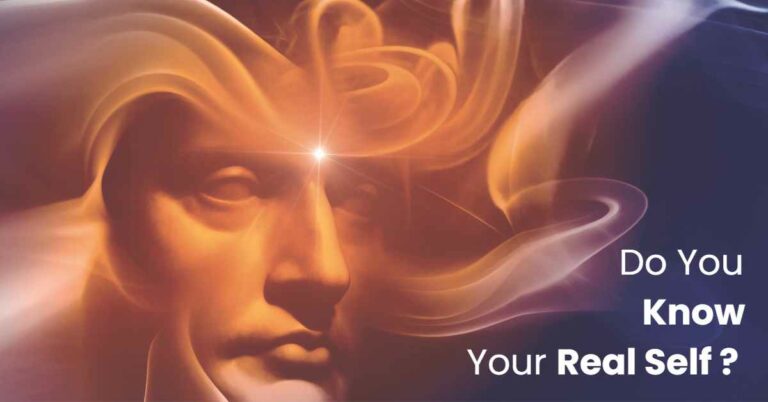
Do you know your real self ? A dissertation on the Self & Consciousness from the view-point of Science, Spirituality, Philosophy, Psychology, Yoga, Religions &
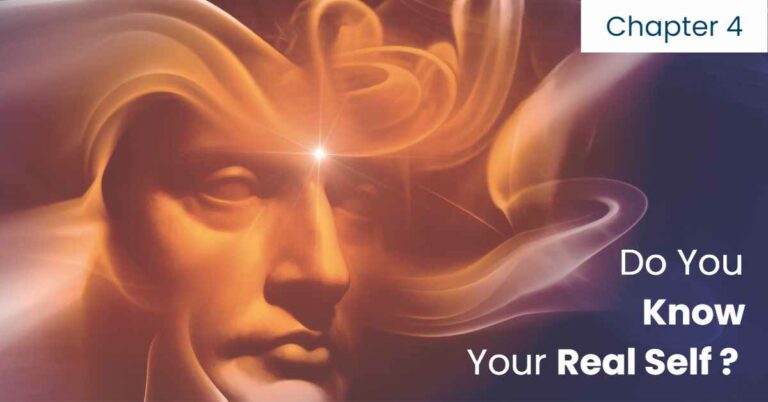
(A part of author’s Paper-II, presented at the International Conference on Science and Consciousness)
Before Science came on the world-scene as an organised and formalised branch of knowledge, such as we have to-day, Consciousness, under the nomenclature of Self, Soul, Mind or Psyche was discussed by Religion, Philosophy and Ethics. In its earlier stages, even Psychology and Ethics also were part of Philosophy and, so, the nature, the form and the states of consciousness and also the soul-body connections were discussed in Religion and Philosophy only. So, I have discussed briefly the nature of the Self or Consciousness, first in the light of Religion and then in the light of Science. I have already discussed it from the view-point of Indian Philosophy. In a separate part, I will discuss it from the point of view of Psychology.
Man had been asking himself, for a period of about 2500 years or so— of which we have some reliable record the pertinent question: ‘Who am I?’ He wanted to solve the riddle of the self. He also wanted to know the difference between himself as a conscient entity and the material world, of which the self was conscious or aware. He further wanted to know whether the thoughts, Will, memory, emotions, habits, tendencies, etc., had emerged from his physical system, including his brain, or these were the characteristics or functions of a separate entity. By solving this riddle, he wanted to discover the meaning of his existence, his place and role in the cosmos and also the cause of sufferings.
We find, from a study of the history of Religions and Philosophy, that, originally, the main purpose of man’s search – after-the truth was to know the self so as to get ultimately released from all kinds of sufferings, and, presently, to lead a life of good actions and to have an experience of peace and bliss. Man has had also the curiosity to know if there was another Conscient Being, who was much superior to and mightier than him, and was the Creator and the infallible Guide and he wanted to have mind-to-mind communication with that Being.
Starting from Brahmã or Adam and acquainting ourselves with the inspirations, contemplations and reflections of the Vedic and Upanishadic seers and sages, the Biblical saints and the Founders and Prophets of various religions, we find that there is a vast diversity among various religions, and within the same religion, on many important religious themes, including the question, relating to nature and form, etc. of Consciousness or self. The revelations or the doctrines, enunciated by the Founders of religions the Sermonizer of Bhagwad Gita, Zoroaster, Abrahim, Buddha, Mahavir, Moses, Christ, Mohammed, Nanak, Dayanand and others differ widely from each other. However, a careful study of these would lead us to the conclusion that there is a core which is common to all. Here are the beliefs, common to all or most of them.
All the religions and the spiritual philosophies which have their roots in India, including Buddhism and Jainism, believed in the reincarnation of soul, according to its past Karmic account and its sanskãras though they have different concept of Nirvãna or Mokhsa.
Buddhism, Jainism and other religions, have said that soul has a moral dimension. These religions believe in the plurality of souls as Sankhya school of philosophy does. They have laid great emphasis on inculcating moral qualities in the self and on having experience of the self through Yoga-Meditation. Though they have different systems of Meditation yet all these have almost a common moral code and almost all are based on the belief that Consciousness is a metaphysical entity. They also believe that the base of moral values is the belief that the self is a spiritual being and that it survives physical death and reaps the fruits of its actions in this or the next incarnation. Shrimad Bhagwad Gita, which reflects the essence of all Indian scriptures and philosopies, clearly states that the body is like the dress of a soul which the soul gives up at the time of death to put on a new one so as to have a new birth. The Gita and all the Upanishads and schools of philosophy, as said before, clearly state that the soul is immortal and cannot be destroyed by any of the elements of Nature or by Time. They all emphasise that the soul can get liberated only through right type of consciousness-training, in the form of divine knowledge, moral values and virtues and practice of Yoga Meditation.
Christianity also strongly believes in the existence of the soul and the Supreme Soul. St.Augustine (354-450 A.D.) attributed all human actions to the soul. Considered the three faculties memory, Imagination and Will as parts of the unitary soul.
It has been pointed out by many writers that Christianity also believed in re-incarnation in its early days. It was during the period of Constantine that an Anathema was issued against this. But, quoting many references from the Bible, and also on the basis of research, many Christians believe in re-incarnation. Furthermore,
If we put together all the above basic beliefs or precepts at one place, this coherent statement would emerge: ‘In every human body, there is a soul or a self which has self-awareness, consciousness, Will, cognition, rational sense, emotions, memory, ego or ‘I-ness’, ability to experience, and to relate to others and have various affinities and bonds and to survive after it leaves the body so as to settle the accounts of its actions; this entity, by its nature, is a metaphysical entity and the souls are higher or lower in respect of their moral stature and, according to the theistic religions, there is also a Supreme Soul. Also, according to some religions, the soul takes another body after it leaves one body and, according to some others, it does not reincarnate but it continues to exist and get reward or punishments. It does not die.
This precept has been put into practice by thousands or millions of individuals over the last at least two millennia and it has been found that this brought qualitative change in their life. They were able to transform their unsocial or evil tendencies and to attain self-control and peace and solace. They became considerably free from worries and felt mostly liberated from wasteful and negative activities and, by their own practical life, they inspired many others. Moreover, they had what is called ‘religious experience’ or ‘spiritual ecstasy’ which is very different from the sensory experience and which they valued as the greatest attainment that life offered.
Also, the above belief-system had, for them, the potential of explaining many phenomena and solving many questions, relating to life which cannot be explained by other belief-systems.
It had also the capability of liberating man from narrow loyalties and from fissiparious tendencies, based on one’s identity with race, region, language or community and, in its place, it gave the concept of the bigger family of humankind. It also gave man higher responsibility as a moral being.
The practice of Yoga, Meditation, Prayer, Positive Thinking, etc., based on the belief in the soul, gave man lot of mental relief from stress and energised and inspired him greatly and illumined his mind to an extent, with positive and creative thoughts.
Of course, those who were not sincere in their belief and practice and were only ritualistic and body-conscious, without any self-control or discipline, they behaved as fanatics and religion stood defamed mainly because of them, i.e., because of lack of transformation in their behaviour and habits. But if we do not mix up religion with pseudo-religion, we will have positive opinion about Religions which gave man the belief in the identity of the self as different from the body.
On the whole, we may say that the above basic understanding about the self or the human soul has been the basis of the society and its various systems. This has given to the society some basis for moral and human values and has also provided the concept of world-brotherhood with all its accompanying moral, social, economic and political implications, provided one cares. If this concept, precept or tenet, namely that souls are moral beings, responsible for their actions and that they are metaphysical entities, who survive physical death and reap the fruits of their actions, is taken away from our conscious and subliminal mind, then the whole present-day moral, social and legal structures would become shaky or they would crumble down because they would not have any firm and enduring basis for worthwhile values, such as love, mutual concern, sympathy, compassion, co-operation, service, honesty, etc.
We give an example of how the belief in a non-physical self, as a moral being, forms the basis of all laws. As we all know, only a person, who has committed the crime should be held responsible and be punished. To punish someone else for a crime is against all canons of legal and social justice. A father cannot be punished for the crime of a son nor can a son be punished in place of his father. Now, the biological sciences tell us that, in a period of seven years, all our body-cells are replaced by new ones so that, after every seven years, there is another body in the place of the one that was there earlier. The whole body-chemistry undergoes change during a period of seven years. So, if a person has committed a crime and has gone into hiding for seven years, he could claim freedom from all legal action against him by saying that the person (in this case, the body) that was there seven years before, who had committed the crime, is no more existent and that he (the present body) is only a successor of the former and is, therefore, a different person. But, we know that, in practice, Law does not spare him on this ground. It punishes the culprit even if he is traced after many decades because, sub-consciously or unconsciously, it is felt that the conscient person (the soul) is the same even though the body is totally changed. The law takes note of the conscient being and not of the body only that changes after every seven years.

Do you know your real self ? A dissertation on the Self & Consciousness from the view-point of Science, Spirituality, Philosophy, Psychology, Yoga, Religions &
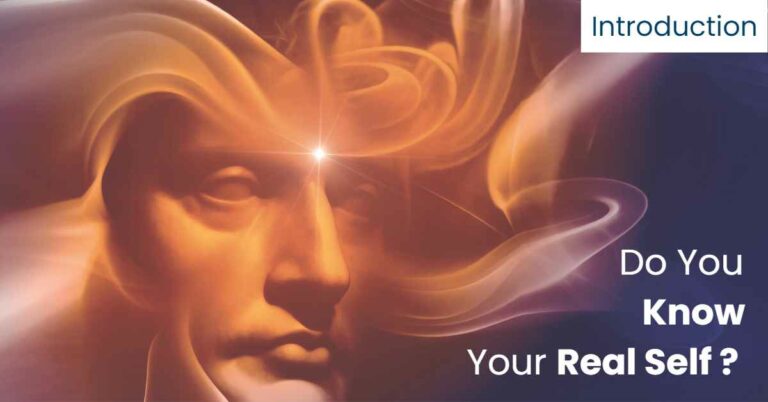
Knowing the Conscious and the Unconscious Consciousness is believed by all as the substratum of all human actions. Man’s thoughts, understanding, judgement, perceptions, learning, feelings,
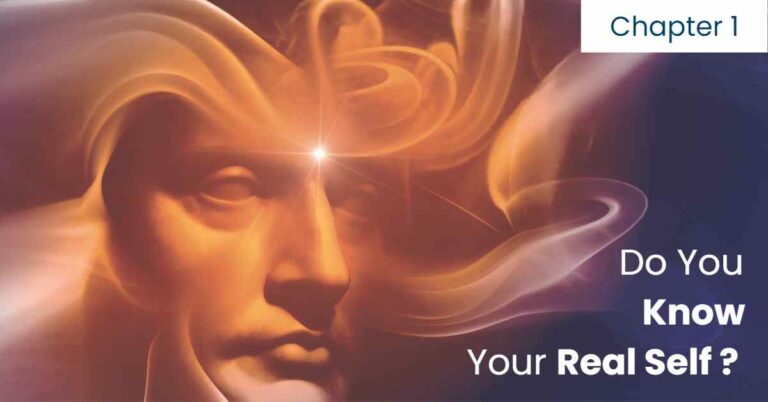
Chapter 1 The nature and identity of the self in the light of Common Logic & Indian Philosophy “Do you know your real self ?
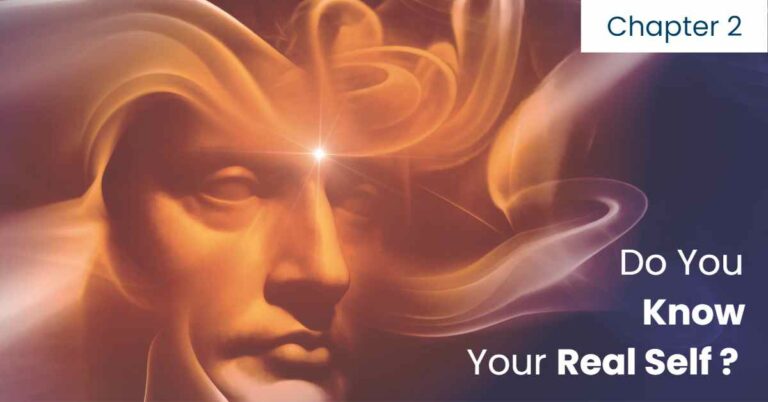
Chapter 2 Consciousness in the light of the views of some other philosophers Earlier, we have had a brief overview of some systems of Indian
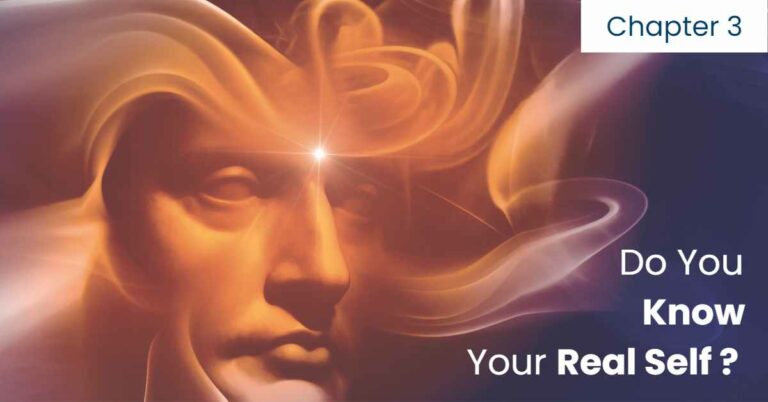
Chapter 3 Consciousness from the Spirituo-Scientific Perspective of Rajyoga In this paper, the term ‘Spiritual’ or ‘Spirituality’ does not refer to any particular religion nor

Chapter 4 Consciousness from a Religio-Spiritual Perspective (A part of author’s Paper-II, presented at the International Conference on Science and Consciousness) Before Science came on
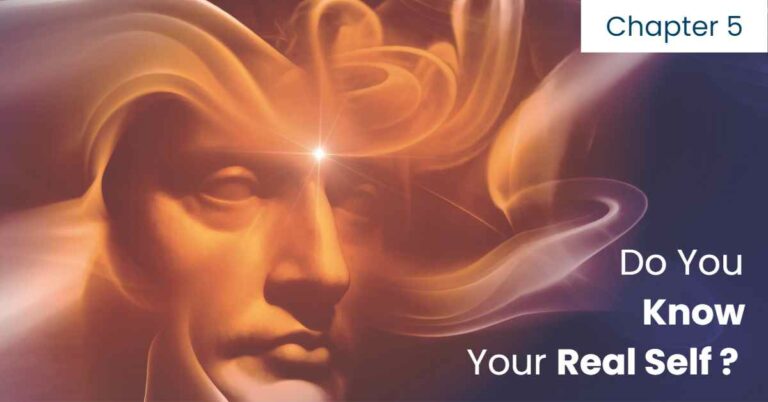
Chapter 5 Consciousness or Self From the Perspective of various Sciences and Spirituality If we think deeply on the nature of Thought, Emotions, Will, etc.,we
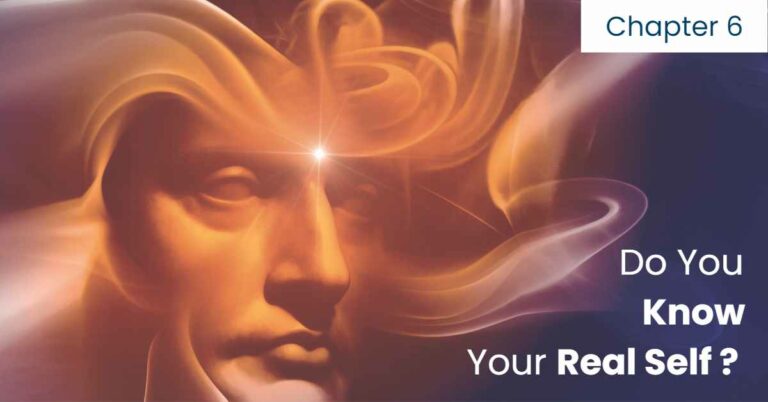
Chapter 6 Consciousness or Self and Some Systems of Psychology Earlier, in other chapters, we have discussed Conscious-ness with reference to Science, some systems of
Start your day with a breeze of positivity and stay motivated with these daily affirmations
After Clicking on Join, You will be redirected to Whatsapp Community to receive daily message. Your identitiy will be secured and no group member will know about another group member who have joined.